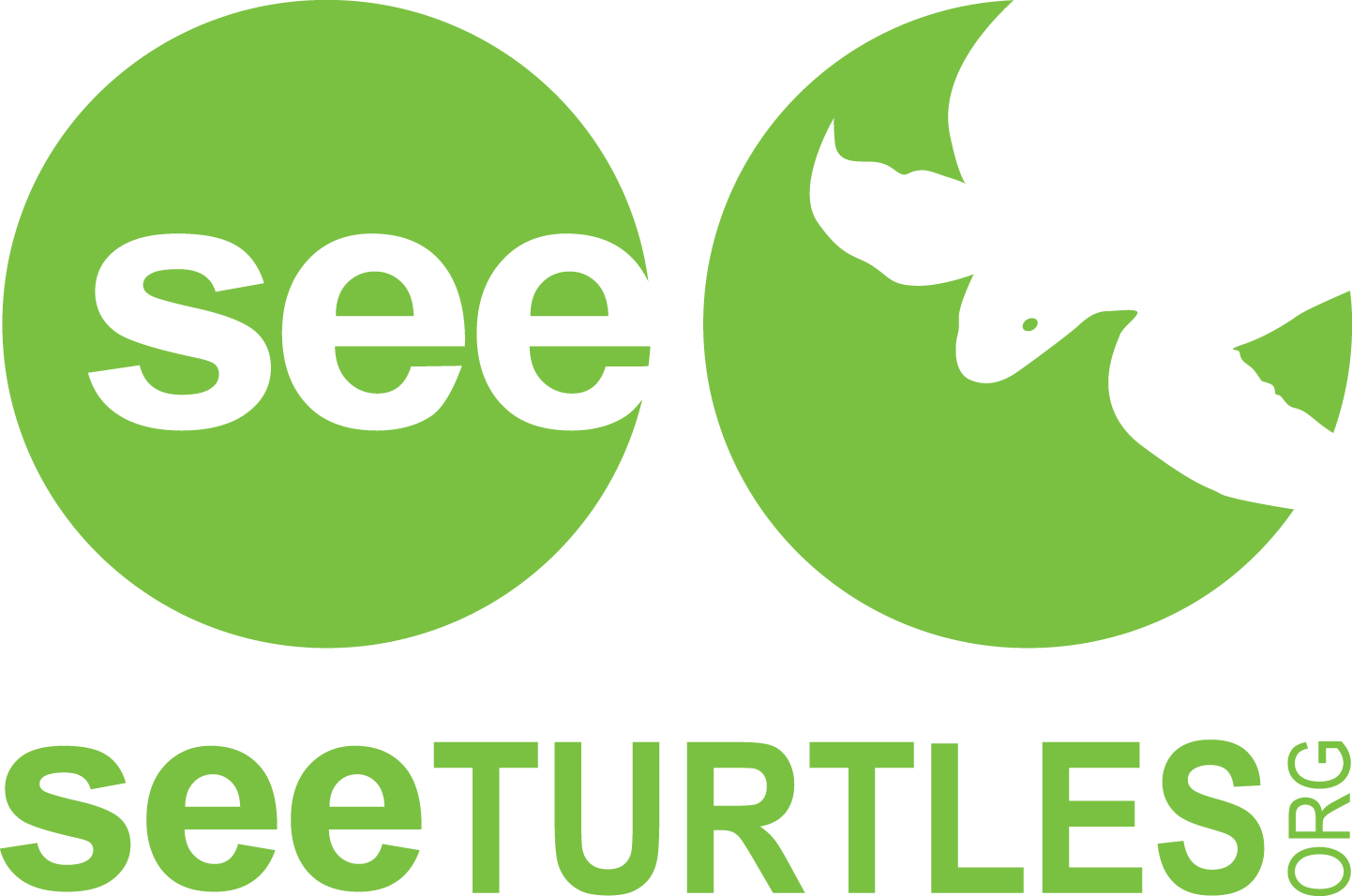ProCosta: Protecting El Salvador's Unique Hawksbill Turtles
Hunted for their colorful shells, hawksbills are among one of the most endangered sea turtle species. They live in tropical waters around the globe and a decade ago, the world almost lost this turtle in the entire eastern Pacific Ocean. Yet, thanks to committed conservation organizations, including the Salvadoran organization ProCosta, hope exists for their continued survival.
The hawksbill is named for its narrow head and sharp bird-like beak, which helps them feed on their favorite meal — sponges. Of the seven marine turtles, they are on the smaller end, ranging between 100 to 200 pounds and reaching up to three feet. Considered critically endangered by the IUCN, they are estimated to have only about 15,000 – 20,000 breeding females left on the planet, and in the eastern Pacific they number fewer than 700.
Eastern Pacific Hawksbill - photo by Allison Shelley / Wild Earth Allies
Their most important nesting beaches are found on the southeast coast of El Salvador in Jiquilisco Bay, a coastal estuary lined with mangrove trees. It’s such an important site that in 2005 it was designated a Ramsar wetland and in 2007 it was named a UNESCO Biosphere Reserve. Combined with other sites in nearby Nicaragua, they account for 80% of the known nesting for this species in the eastern Pacific.
Before 2007, the scientific community didn’t even know if hawksbills still existed in the Pacific coastal region of the Americas. Then, ProCosta founders (previously a project of the Eastern Pacific Hawksbill Initiative or ICAPO) found active nests and feeding grounds. The nonprofit project officially launched in 2008 and since then, ProCosta has led hawksbill research and recovery efforts in Jiquilisco Bay and other parts of El Salvador.
The program has been a success. In a country that is the most densely populated in the region and has few endangered species left, the effort to bring the hawksbill back has captured the country’s imagination. In 2007, more nearly 100% of the nests were being collected to sell on what was then still a legal market. To combat this threat, ProCosta turned to the community. They converted the local egg-collectors into egg protectors, by safely raising eggs in protected hatcheries. The government made eating turtle eggs or meat illegal in 2009.
ProCosta egg hatchery - photo by Allison Shelley / Wild Earth Allies
Releasing hatchlings in Jiquilisco - photo by Allison Shelley / Wild Earth Allies
Since 2011, over 95% of nests are now protected in Jiquilisco Bay. In 2018, for example, a record-setting 295 nests were protected and 27,855 turtle hatchlings were released into the ocean. With 115 egg-collectors participating in the program, about 170 local families benefited from the work of ProCosta. Most recently, ProCosta outfitted year-old turtles with satellite tags to better understand their movement patterns, the latest in what has been a decade of ground-breaking scientific research at this site.
“It is incredible to think that just 10 years ago hawksbills in the eastern Pacific Ocean were considered virtually absent and beyond hope of recovery,” says Mike Liles, ProCosta President and sea turtle researcher. “Since then, not only is there renewed hope, but together with coastal community members we have made enormous strides to make recovery a reality.”
SEE Turtles has played a part in that success by funding the nesting beach work, as part of our Billion Baby Turtles initiative. The funds support the egg collection program, paying the collectors to bring the nests to a protected hatchery, where they are watched until they hatch and then released to the ocean. This was the first project that SEE Turtles helped to fund, raising $5,500 and saved 11,000 hatchlings that season. As of 2019, we’ve given a total of $45,000, which has helped this organization save roughly 91,000 baby hawksbill sea turtles! We have also run teacher workshops with the organization, helping to train local educators about sea turtles, and have provided funds to get hundreds of local students involved in the efforts.
“With the consistent support of Billion Baby Turtles, we have flipped the script of the fate of hawksbills in Jiquilisco Bay in El Salvador--the most important nesting site in the eastern Pacific--going from 0% of hawksbills nests protected in 2007 to over 95% protected in 2018," says Liles.



